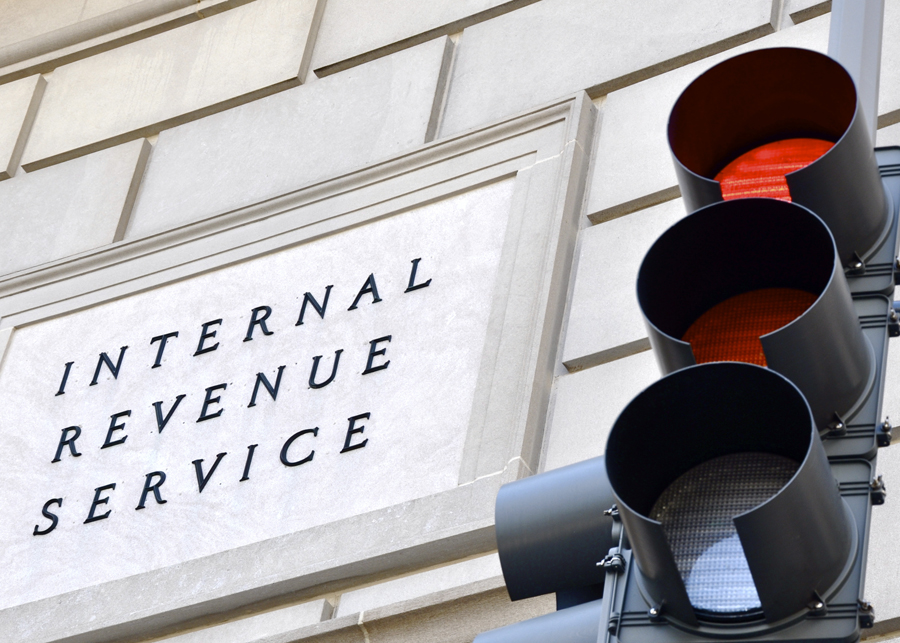The shutdown is over, so everything is back to normal at the IRS, right?
March 01, 2019 by Jean Lee Scherkey, EA
If only it were true! Not even Marty McFly, Doc, and a good DeLorean could reverse the impact the shutdown has had on the IRS and taxpayers. To the credit of IRS personnel, the 2019 filing season is in full swing. Returns are being processed, and refunds are being issued. Things seem back to normal. However, lurking just under the hood are the signs of a severely stressed system that will need much more than a good flux capacitor to fix it.
By the time the longest partial shutdown in U.S history was over, the IRS had more than 5 million pieces of mail and 87,000 amended returns to process. In addition, IRS personnel needed a good pair of fishing waders as there were 80,000 2017 tax year Earned Income Tax Credit audit responses to wade through.
Taxpayers who were in the middle of responding to a notice or audit, or had an open collections case or were working their way through an audit appeals when the shutdown started and have not re-established contact with the IRS yet, should do so as soon as possible. If you received a Statutory Notice of Deficiency during the shutdown and disagree with the adjustments listed on the notice, it important to file a Tax Court petition within 90 days from the date located on the notice. The shutdown did not extend this date. This will protect your right to protest the adjustments made. If you feel the Notice of Deficiency was sent to you in error, please contact the IRS as soon as possible.
Despite the shutdown, taxpayers were still required to make their scheduled payments timely. The accrual of interest and the assessment of penalties on any unpaid balances continued during the shutdown. Chances are the IRS will assess a late penalty to anyone who did not make their scheduled payments during the shutdown and normally made their payments electronically or by mail prior to the shutdown. However, those who normally made their payments in-person at an IRS Taxpayer Assistance Center before the shutdown and thus, could not make those payments in person due to the shutdown, may request an abatement from any late payment penalties assessed due to reasonable cause.
As taxpayers, the worst thing we can do is ignore any outstanding issues we may have with the IRS. If you are hoping, in the midst of the chaos from the shutdown, that the IRS has forgotten about your tax issue, you can be quite certain that the amnesia will only be momentary. Putting off contacting the IRS may end up costing much more than addressing the issues head-on.





